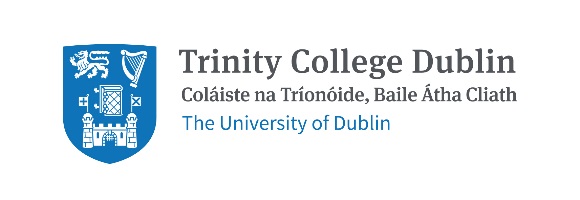
Through the EUROCALL list
Provisional Book Title: Learner Autonomy and Web 2.0
Call for Abstracts
The 2017 CALICO Monograph, published by Equinox, aims to explore how the notion of learner autonomy is being reshaped within Web 2.0 environments. In early definitions, dating from the 1980s, learner autonomy was largely conceived of in terms of individuals working in ‘self-access’ mode, selecting the learning resources and methods they saw as effective, in pursuit of personal goals, perhaps with the aid of a learning adviser (Holec 1981). Other theorists of learner autonomy – such as Dam (1995), Little (2012) or Trebbi (1989) – viewed the concept as having a social dimension, rather than being purely individualistic. This second view of learner autonomy is more and more relevant given the advent of social media, where students have unprecedented opportunities for collaborative learning (Lamy & Zourou 2013). Consequently, social theories of learning (e.g. sociocultural theory, communities of practice, connectivism) have increasingly informed research into learner autonomy in foreign language learning (see Murray 2014). Of equal importance is the opportunity afforded by Web 2.0 of using multiple modes for making meaning, in learning to communicate online. This has enabled some to suggest a possible recasting of learner autonomy in the digital world as ‘the informed use of a range of interacting resources in context’ (Palfreyman, 2006; Fuchs, Hauck and Müller-Hartmann, 2012). Others may feel that being digitally literate alone does not constitute learner autonomy in the online world.
The question is: ‘What does?’ In this monograph, we welcome chapters grounded in sound theoretical frameworks and/or analyzing empirical data which investigate how learner autonomy intertwines with the social and/or the modal affordances of Web 2.0 environments. The questions raised for educational users of Web 2.0 environments about the relationship between CALL and learner autonomy include, but are not restricted to:
-Do online learners require or acquire learner autonomy in practising CMC?
-What affordances of CALL environments, and more particularly Web 2.0 environments, could help develop the different facets of learner autonomy?
-How do (a) digital literacy and (b) L2 proficiency relate to learner autonomy in online environments?
-What space exists for individuals to exercise learner autonomy in Web 2.0? How does individual autonomy relate to group autonomy in Web 2.0?
-How can online learning tasks be designed to foster both individual and group autonomy?
-How can individual learning gain be monitored and assessed in Web 2.0?
-With such questions at stake, what is the expected role of language centers?
-Which (new, or existing) forms of counselling may foster students’ learning-to-learn skills within Web 2.0 environments?
Interested authors should send a chapter abstract (200-300 words, plus references) and an author biography (100 words) to calico2017monograph@gmail.com before the end of August 2015.
Timeline
Notification of contributors 31 August 2015
First draft of papers to be submitted 1st Dec 2015
Second draft of papers to be submitted 15 Apr 2016
Special Issue to be published April 2017
Editors
Tim Lewis, Open University
Annick Rivens Mompean, Lille3 University
Marco Cappellini, Lille3 University















